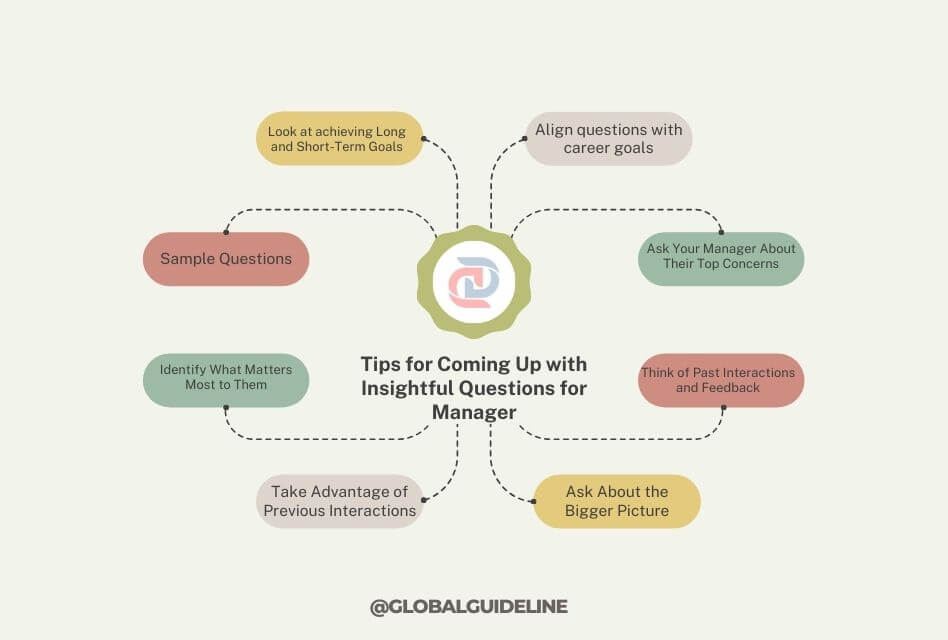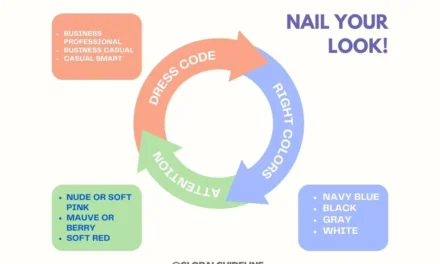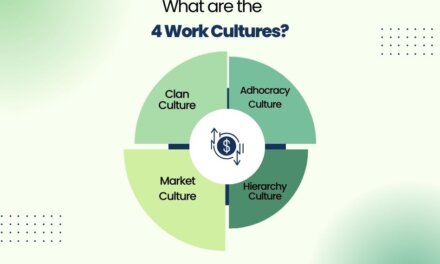Asking relevant questions is one of the best ways to enhance your working relationships, help you clarify your manager’s expectations, and propel your career growth. At times, though, it gets hard to think of good questions for managers. Insightful questions not only demonstrate that a person is engaged and curious but also that he or she is contemplating the role inside the broader organizational goals. Here, the article will dissect the top 5 tips for coming up with insightful questions for managers, ensuring you make the most of every interaction.
Table of Contents
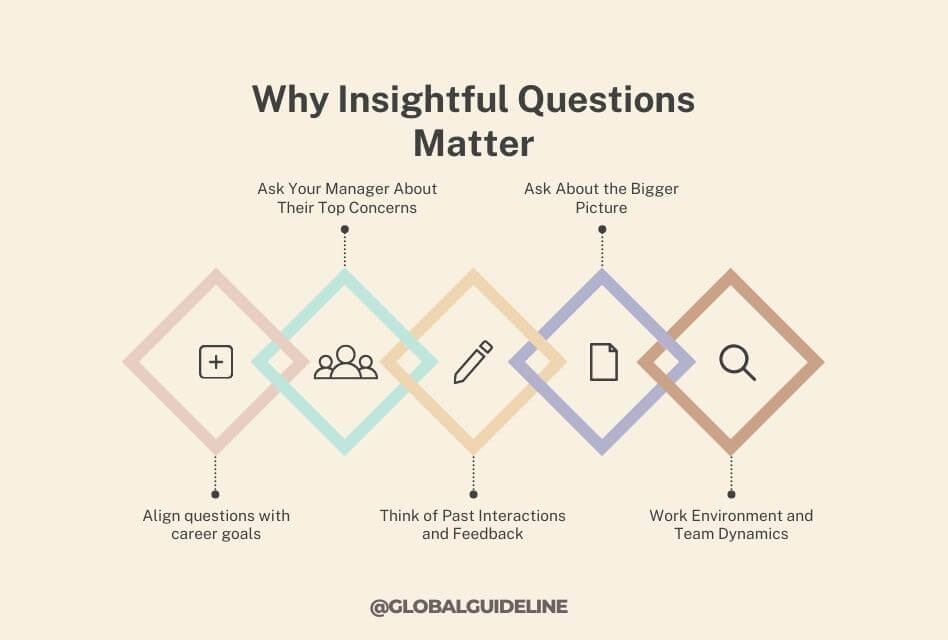
Why Insightful Questions Matter
Following the explanation of the relevance of insightful questions for managers, the tips in this chapter are preceded. The ability to find insightful questions serves as a pathway to more profound understanding of your manager’s priorities and challenges and his or her management style. This provides the opportunities for meaningful dialogue that may better align with the goals of your team, and they contribute to your professional growth.
What are insightful questions? Insightful questions are those that provoke thought, facilitate discussions, and add value to information gathering in a manner that may help you better understand your role, your manager’s expectations, or the overall business strategy. Of course, most insightful questions will have an open-ended nature and therefore warrant more than just a simple “yes” or “no” in response.
What am I going to ask my potential manager? Questions for a potential manager during an interview or during a new job help expose the management style, expectations, and definition of success.
1. Align questions with career goals
This is achieved by ensuring that your questions can help you gain insight or information that will help you advance in your career. This helps to make the questions relevant to your growth and also makes your manager view you as proactive about your professional development.
Look at achieving Long and Short-Term Goals
This is then achieved when you ask questions such as the following: What are your long-term and short-term goals in this role, and how must I work to attain them in accordance with the team’s objective? This can also enable you to request answers to other questions, which may be whether there will be any upcoming projects, opportunities for building new skills, or even how you would be reviewed.
What would you ask your future manager? One really good question could be, “What’s top of mind for this role in the next six months, and how does this all tie in with the team’s long-term goals?”
HOW TO ASK IN-SIGHTFUL QUESTIONS Questioning is the first step for common folks like me and you. But how do we ask insightful questions? Well, to ask insightful questions, I would consider what I need to know so that I improve my role and can be more productive for my team. The questions asked should be aligned with your career goals and the team’s objectives.
Sample Questions:
- “How will you see my role change over the next twelve months?”
- “What skills do I have to develop for me to be able to move up in my career?
- “What projects are you working on that will improve my skills in my job function?”
These questions demonstrate a strategic approach to your career and how you want to get work that’s going to impact the team’s efforts.
2. Ask Your Manager About Their Top Concerns
Another strategy is to ask about your manager’s top concerns. Once you know their concerns, you can tailor your questions to show them you understand what they’re trying to do and that you want to assist.
Identify What Matters Most to Them
Knowing what is most important to your manager is a good way to know how you can ask more relevant and impactful questions. A few examples of these types of questions include important projects, working effectively with their team, and what are the general strategic priorities of the organization.
Some smart questions to ask your new boss might include: what are some of the greatest challenges they face or else what is the best way to support them in achieving what will help them reach their objectives?.
What are good questions to ask your manager’s manager? When interacting with the manager of your manager, good questions include such as asking in regards to the more general, strategic direction of the team or organization and how your work fits into those strategic initiatives.
Example Questions:
- “What are the biggest challenges the team is currently facing?”
- “How can I be of assistance to you in getting done our team’s top priorities?”
- “What do you consider most important to be realized this quarter?”
These questions give you insight into what your manager holds important, thus directing your efforts in line with those key things.
3. Think of Past Interactions and Feedback
A good way to develop thought-provoking questions is by reflecting on the past interactions you have had and on what your manager has been telling you. This clearly demonstrates that you are focused on your work and always look for ways to improve and grow.
Take Advantage of Previous Interactions
Use previous discussions as a starting point for your questions. Maybe you have some feedback or talked over some projects with your manager. Reflect on how what you can do with that information to ask further, more thoughtful questions based on the topic.
Here are some examples of questions you might want to discuss with the manager in a one-on-one format: follow-up questions on previous discussions or feedback means that you understand the value of their insight and are making progress on improving in areas where they suggested.
What are 10 good questions? Ten good questions might consist of a combination of follow-up questions, questions asked strategically, and questions that demonstrate you’re thinking through from every angle about the role and the needs of your manager.
Example Questions:
- “On our last meeting, you said that we should enhance the communication aspect of our team. What will you expect me to do about it?
- “You gave me comments on my project management skills. If you may want to suggest some more resources or training concerning the area, kindly let me know.”
- “On the performance review last time, how can I develop further on those few aspects given?”
These questions not only show that you are taking the feedback seriously but also show that you are ready for continuous improvement.
4. Ask About the Bigger Picture
Understanding the big picture is what leads your work to what the organization as a whole wants to achieve. Questions that indicate to the interviewer how your work impacts the greater scheme of things indicate that you are thinking way beyond your immediate task and are interested in the overall achievements of the company.
Understanding Strategic Goals
Ask the questions that allow you to understand what is strategically important for the team or organization. This could include any questions regarding new initiatives, market trends, or how the company is preparing itself for future growth.
Some examples of questions you might pose in a group meeting with your boss would be: the goals for the group should be clear, an explanation of how individual effort is factored against greater company-wide goals.
How to ask smart questions? To get smart questions, focus on how your role and your team’s work contributes to the larger strategic objectives of the organization. That shows you are really thinking hard about your impact on the company.
Some Example Questions:
- “How does our current project fit into the company’s long-term strategy?”
- “What are the biggest opportunities you see for our team in the next year?”
- “How can I make sure that my contributions are supportive of the overall mission and values of the company?”
These questions prove that you care not only about the day-to-day tasks but also how this work contributes to the organization as a whole.
5. Work Environment and Team Dynamics
Finally, questions that would lead you to better understand how the work environment and dynamics of the team are of much importance. These questions can lift the curtain on how to work more effectively together with your colleagues. Besides that, they can provide deeper insights into working through the culture.
Emphasis on Team Cooperation and Interpersonal Relationship
Understanding how your team works with each other and building a successful working relationship is important. Here is how you can question and understand your manager’s expectations for your contribution toward collaboration and creating a better working environment.
Some of the fun questions to ask your new boss include questions about favorite parts of the job or how to get them their communication preferences. Such questions may foster rapport and open collaboration in working.
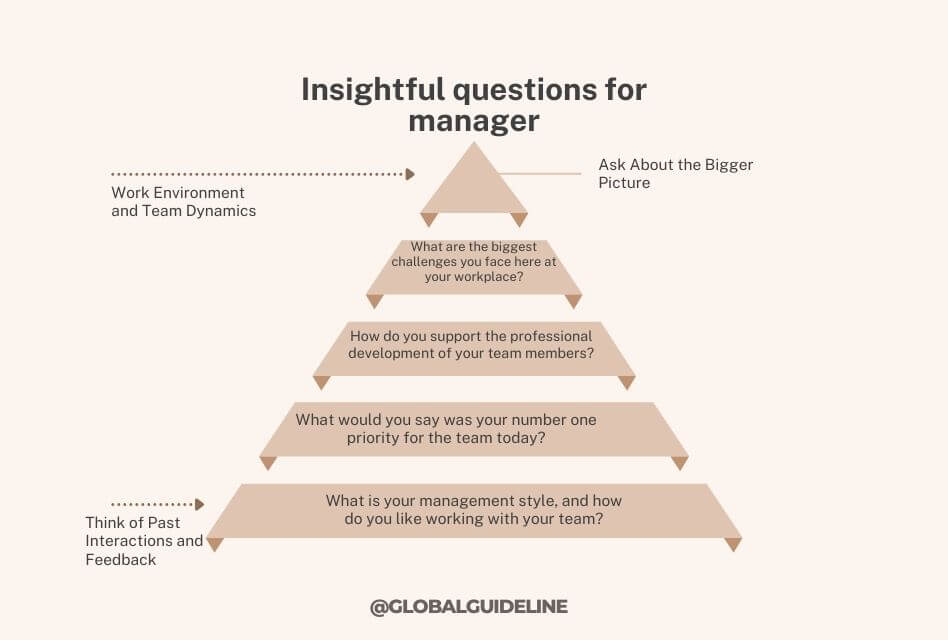
What are 10 good questions? Good questions, in the case at hand, might relate to dynamics about teams, communication preferences, and creating a positive work culture.
Example Questions:
- “What are, in your view, the most critical factors of a high-performance team?”
- “How might I best be able to work better with the members of my team to deliver these goals?”
- “What is your preferred way of communicating, and how might you think I could ensure our alignment on things?”
These questions explain better how to work effectively as part of your team and how you can meet your manager’s expectations on how collaboration and communication should take place.
Job Interview Questions for coming up with insightful questions for manager:
Whenever interviewing for a position with the potential manager, make sure that you appear interested in the role as well as the company by having thoughtful questions. Here are some questions that you would likely ask:
- What is your management style, and how do you like working with your team?
This question will inform you on how the manager leads and what he/she expects from the members. - What are the biggest challenges you face here at your workplace?
This reflects that you have more than enough depth of thought regarding the role for which you are interviewing, and you can really contribute towards overcoming such challenges. - How do you support the professional development of your team members?
It reflects how you involve in the development of the team members and whether you care about the career development or not. - What would you say was your number one priority for the team today?
It makes you understand the major priorities of the manager and aligns your work in the right direction for him.
FAQs
1. What are a few good questions to ask your manager’s manager?
Good questions could include topics like the following:
How is strategic direction at the team or organization level impacting your team or work? How does the specific work you are being asked to do fit into broader organizational or team goals? How can you better support these initiatives?
2. How do you ask insightful questions?
The best way to ask insightful questions is by keeping a bigger picture and a consideration of their priorities by exploring their career goals as well as previous experiences that could align with your inquiries.
3. Questions to ask potential manager?
Ask them about management style, expectations, and definition of success in the role. This would inform you on how to work well with them.
4. What are 10 good questions to ask a manager?
Ten good questions may include inquiries about the priority of the manager, team dynamics, how they support professional growth, biggest challenges, and how you can contribute to team’s success.
5. What are the paybacks of asking insightful questions?
Insightful questions help you understand your role better, you develop working relationships with others more efficiently, and you are demonstrating professional growth. It’s also showing your manager that you are engaged, proactive, and critically thinking about how you can contribute to the team and organization.
6. How do I prepare for a 1-on-1 meeting with my manager?
In preparation for a 1-on-1 meeting, go over your recent work, reflect on any feedback you’ve received, and make a list of questions that revolve around challenges you are currently facing and future goals. Ask questions that can help you understand the expectations of your manager and possibly change your efforts better to align with the objectives of the team.
7. What are some smart questions to ask your new boss?
A few very smart questions include: What is your vision for the team? How do you like to communicate? What are three things that are most important right now? How can I help drive success in these or other areas? It all sets up a nice working relationship from the outset.
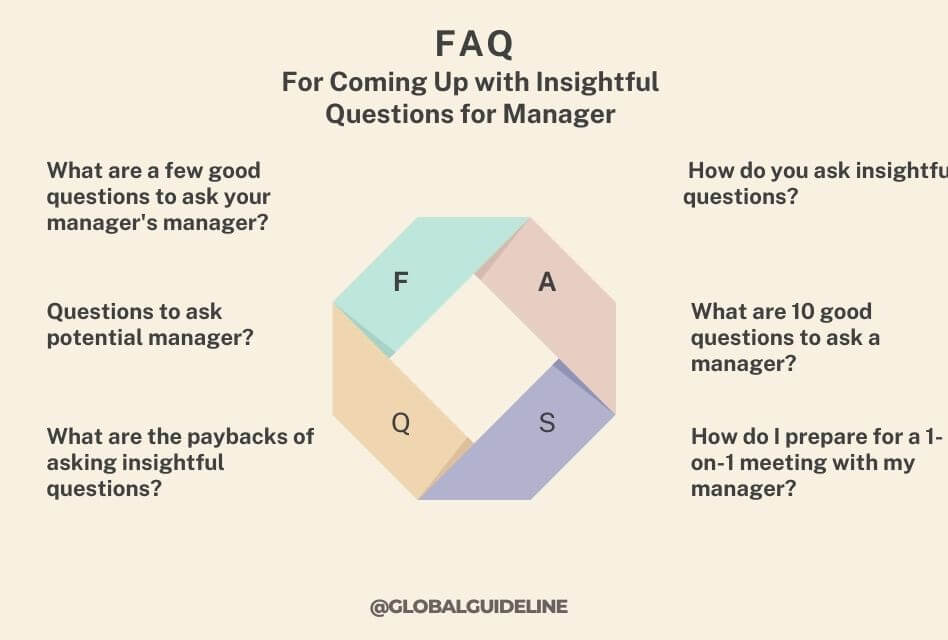
Conclusion
Generation of insightful questions for managers can be one of the powerful tools that can take your career forward, bring in a more healthy working relationship, and increase your understanding of your role and the organization. If you align that question with your career goals and consider manager’s priorities, reflect on past interactions, understand the bigger picture, and focus on the work environment, you will ensure that your questions are not just insightful but also impactfully productive in the larger scheme of things.
Whether you’re preparing for a 1-on-1 meeting, a group discussion, or an interview with a potential manager, the ability to ask thoughtful, relevant questions will mark you as a proactive and engaged professional. With these tips included in your approach, you’ll be much better positioned to navigate your career and meaningfully contribute to the success of your team.
Related Posts:
7 Essential Tips on Interview Dress for Ladies: Nail Your Look!

